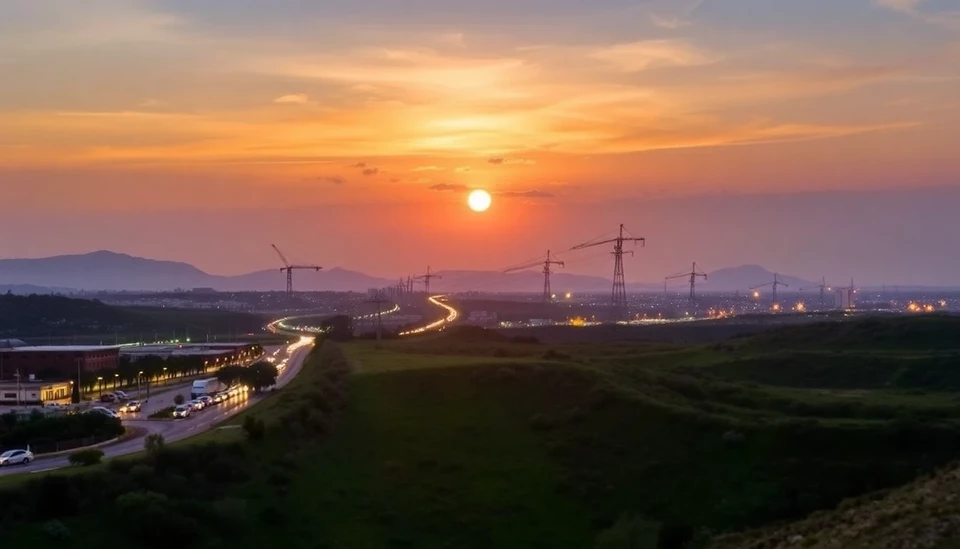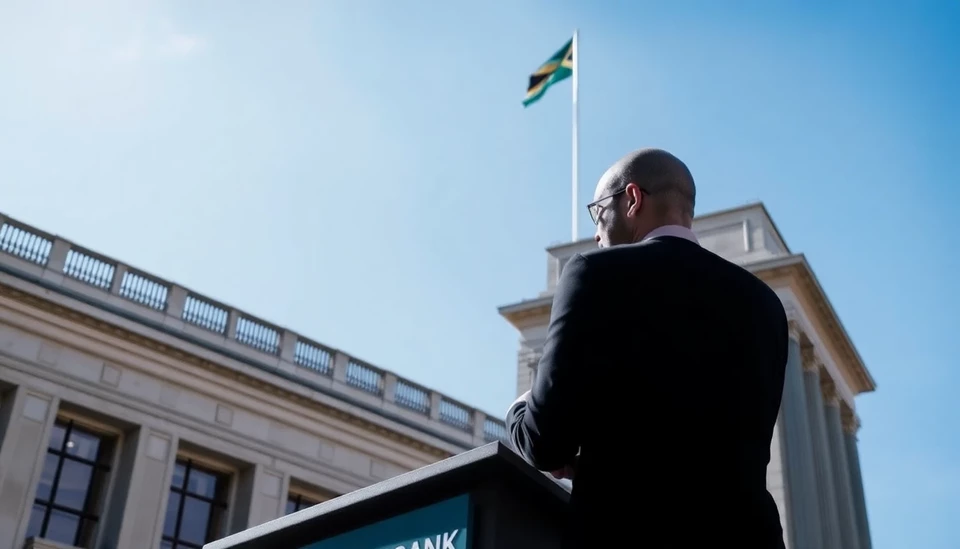
In a significant move aimed at bolstering anti-corruption efforts, a South African court has annulled a substantial $425 million rail contract previously awarded to a firm identified as the China South Rail Corporation. This decision resonates with broader attempts within the country to address graft in public procurement, especially as the nation grapples with ongoing issues of corruption within its government and municipal systems.
The legal action against the rail deal, which had been scrutinized for potential malfeasance, was initiated by the Public Protector, an independent constitutional institution tasked with investigating misconduct in any sphere of government. The ruling from the North Gauteng High Court pointed out significant procedural flaws in how the contract was awarded, raising questions about the legitimacy of the tender process and the circumstances surrounding the deal.
Justice is reported as being particularly urgent in South Africa, where numerous scandals have marred public trust in government institutions. The rail contract in question was tied to a multimillion-dollar infrastructure project aimed at revitalizing South Africa's rail system, which has been plagued by inefficiency and decay. However, the court found that such ambitious projects must be rooted in integrity and transparency, leading to the cancellation of the contract to uphold the rule of law.
This decision has significant implications for the relationship between the South African government and foreign entities, highlighting the necessity for rigorous compliance with ethical standards in public contracts. Experts believe this could deter corrupt practices, urging companies to maintain higher governance standards when seeking contracts with the South African government.
Moreover, this ruling aligns with President Cyril Ramaphosa's ongoing anti-corruption campaign, which has become a cornerstone of his administration since taking office. The government is under public pressure to combat corruption comprehensively, especially amid pervading economic challenges and unrest fueled by perceptions of systemic graft.
The case embodies wider reforms addressing procurement practices and governance in South Africa, seeking to restore faith in political institutions and forge pathways for more responsible and accountable governance. While the judicial system’s verdict is seen as a triumph for anti-corruption advocates, it also sets a precedent that could influence future dealings between the state and private enterprises, both domestic and international.
The fallout from this ruling will be closely monitored, as policy updates and procedural reforms are likely to follow, shaping South Africa's landscape for public-private agreements moving forward. Lots of eyes will be on how the government adapts its practices to ensure that they align with the principles of transparency and honesty.
#SouthAfrica #Corruption #RailContract #AntiCorruption #LegalReform #Transparency #PublicProtector
Author: Victoria Adams




